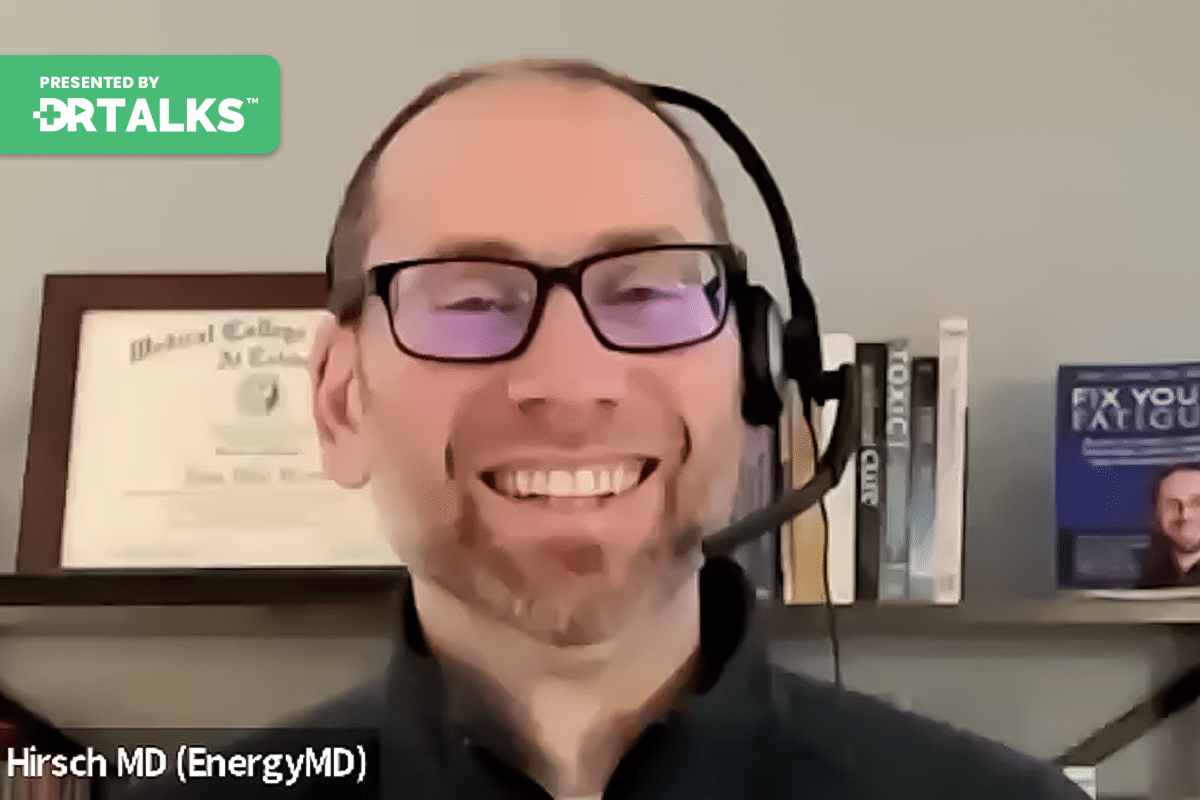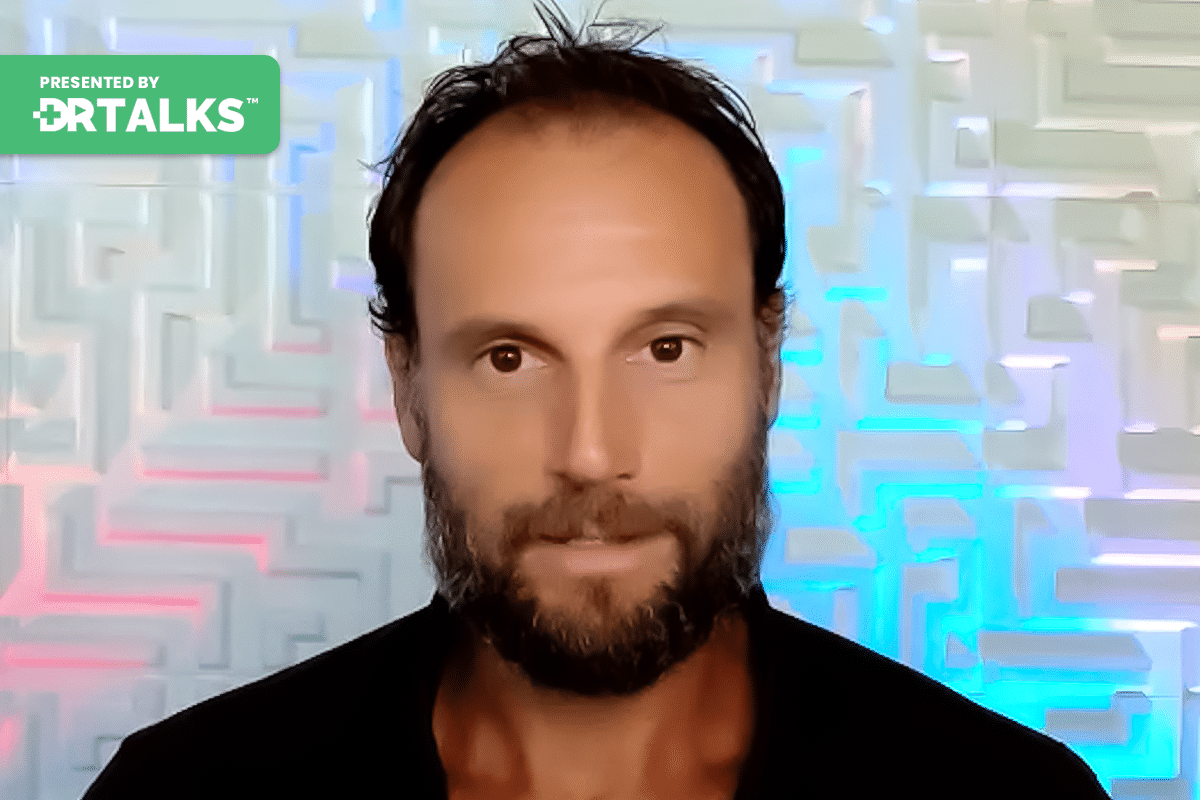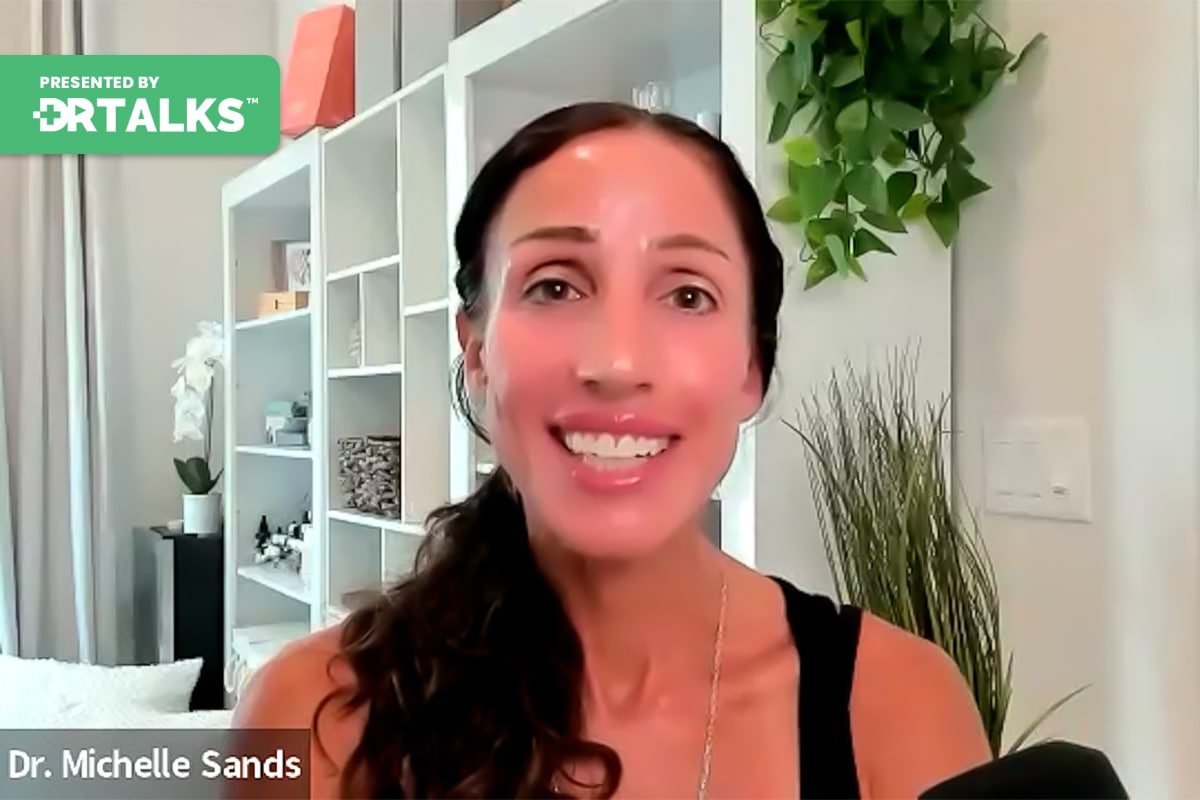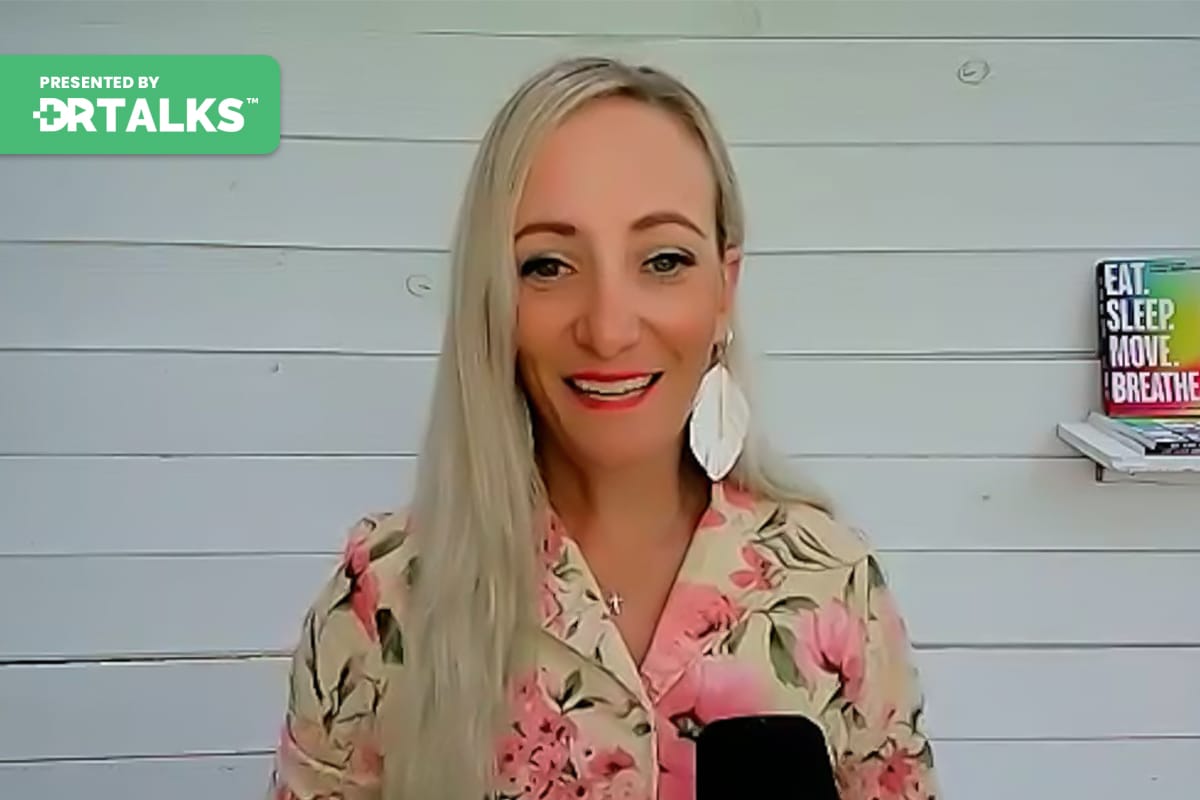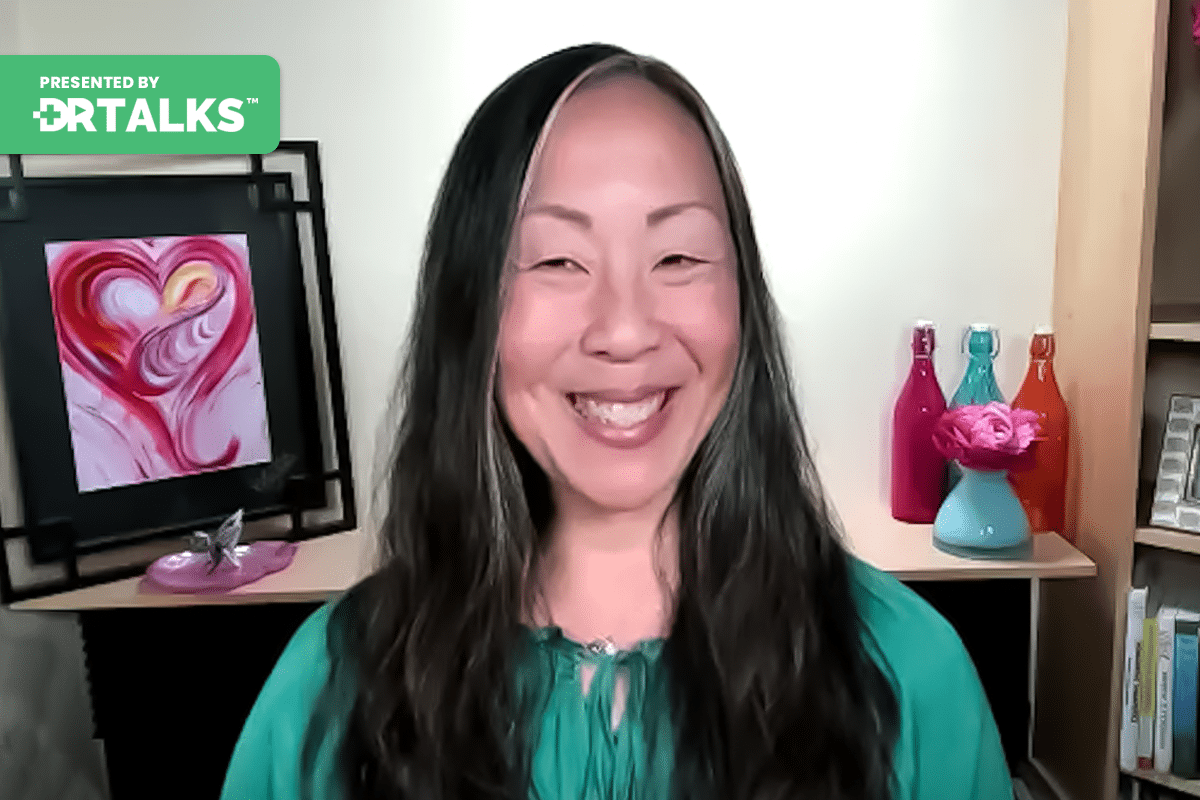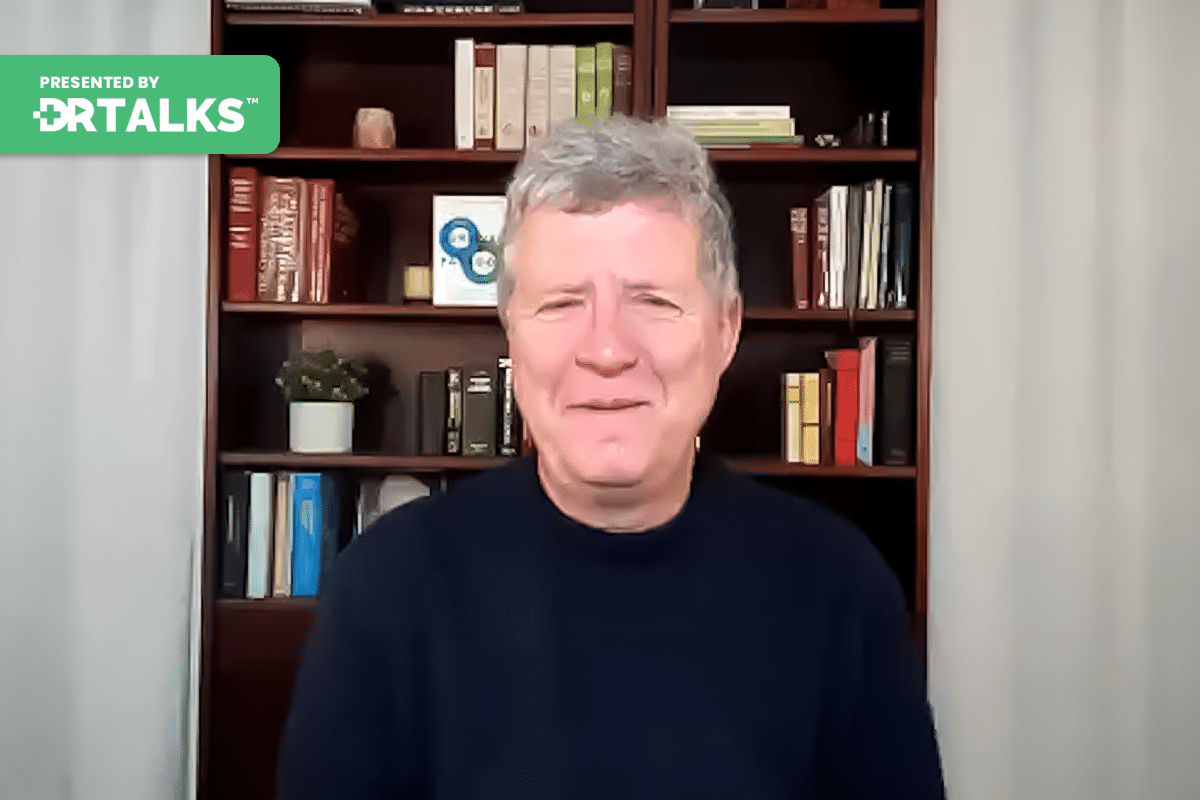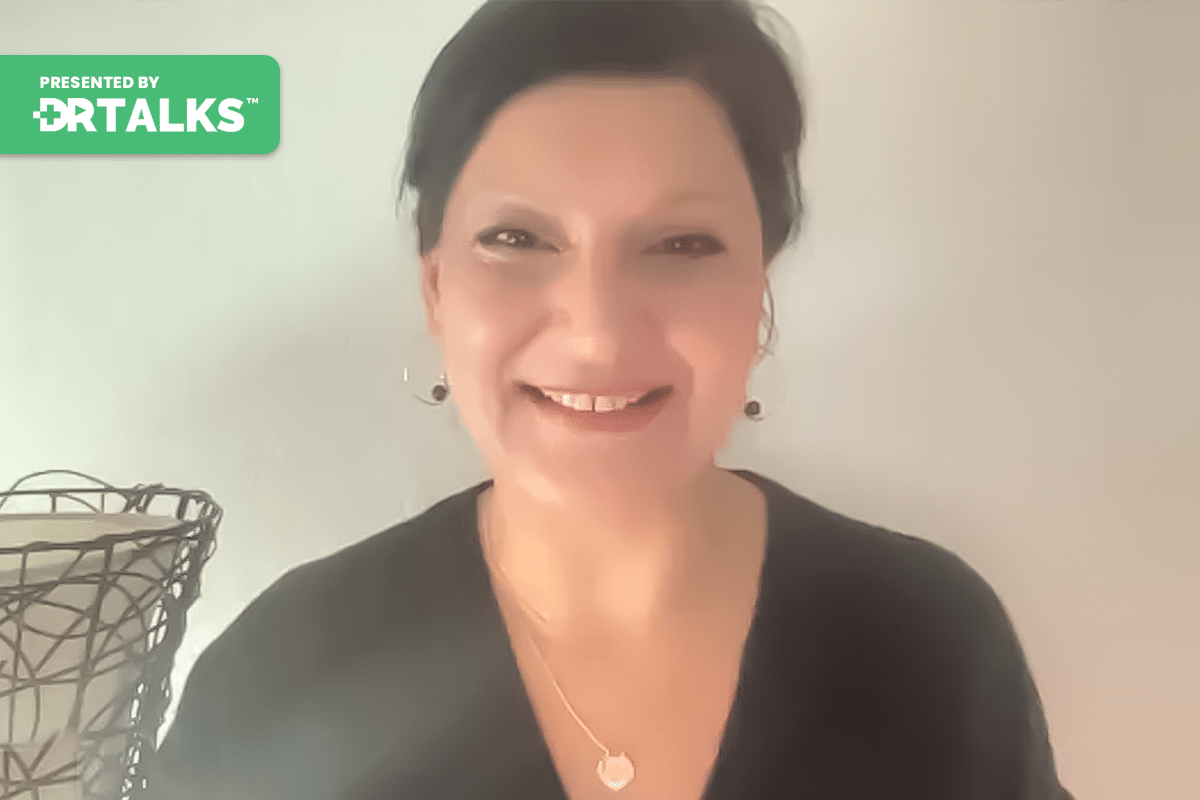Join the discussion below
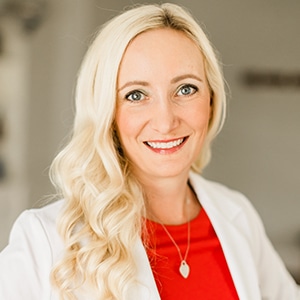
Dr. Jenny Pfleghaar is a double board certified physician in Emergency Medicine and Integrative Medicine. She graduated from Lake Erie College of Osteopathic Medicine. She is the author of Eat. Sleep. Move. Breath. A Beginner's Guide to Living A Healthy Lifestyle. Dr. Jen is a board member for the Invisible... Read More
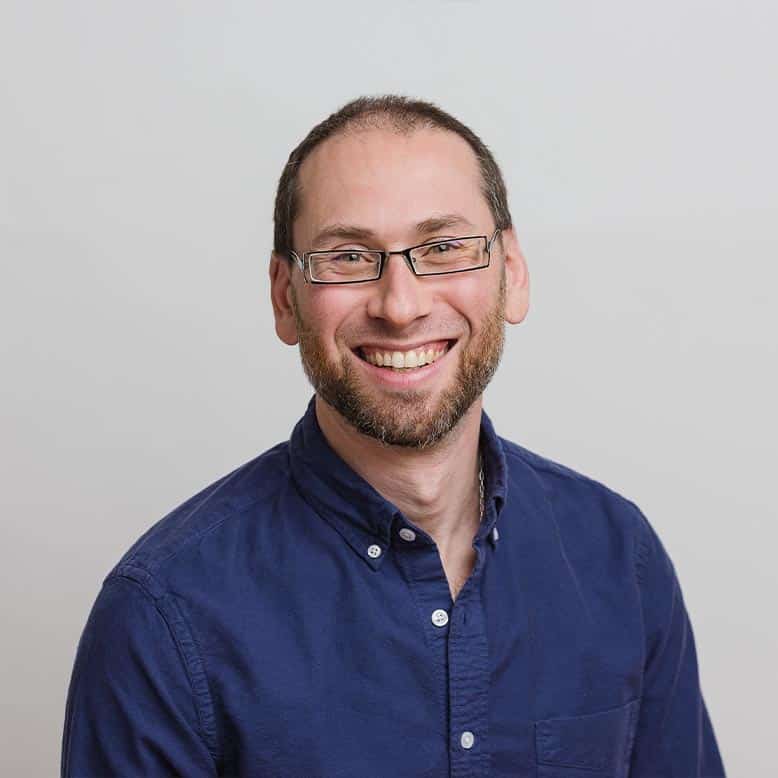
Evan H. Hirsch, MD, (also known as the EnergyMD) is a world-renowned Energy expert, best-selling author and professional speaker. He is the creator of the EnergyMD Method, the science-backed and clinically proven 4 step process to increase energy naturally. Through his best-selling book, podcast, and international online telehealth programs that... Read More
- Learn about the energy drainers you need to eliminate to boost your energy naturally
- Understand why previous treatments might not have worked and why you may feel worse during treatment
- Discover the four-step process to identifying and addressing the causes of low energy and fatigue
Related Topics
Chemicals, Chronic Fatigue, Chronic Illness, Deficiencies, Energy, Heavy Metals, Hormone Health, Hormones, Infections, Long Covid, Mitochondria, Molds, Nutrition, Supplements, Thyroid, Toxicities, VagusJen Pfleghaar, DO, FACEP
Hello. It is Dr. Jen. Welcome back to the Heal Your Thyroid and Reverse Hashimoto’s summit. Today we are going to talk about an expert in energy. And this is so important for Hashimoto’s and thyroid patients. I am so excited to have Dr. Evan Hirsch, also known as the Energy MD. Today, to talk about the four-step process to increase your energy naturally. Dr. Hirsch, welcome. And please tell us something. I read in your bio that you like to sing musicals, please tell us more about that.
Evan Hirsch, MD
I do. It is kind of like what I do for fun. One of the things that we emphasize a lot in our programs is a mindset, having fun, and laughing these are the things that are going to get us into our parasympathetic. Actually right before I came on and before I do interviews and before I see clients, I sing. And I take voice lessons, my daughter takes voice lessons, it allows us to kind of connect. And I love musicals. It is just a great way for me to get into my parasympathetic.
Jen Pfleghaar, DO, FACEP
Yeah, it is so great. I love that you brought that up because it does activate that vagal nerve singing. When I sing to my kid at night he always asks me to sing and never says no. And we just as adults were so worried about it. I love karaoke, I love good karaoke, my husband does, and it is good like everyone I am like, it does not matter what you sound like, it is good, that vibration is activating that vagal nerve, so love it. Thank you for sharing that with us.
Evan Hirsch, MD
Yeah. There are so many benefits to it. It increases night nitric oxide, just the fact of humming. I mean, I tell people, like, if you dance and sing to your favorite song you are getting movement, you are having fun, and you are releasing endorphins. Yeah, it is just a whole ball of yumminess.
Jen Pfleghaar, DO, FACEP
Yeah. After this interview, everyone put on your favorite song and dance and sing and see what it does to your mood. I love it. Let us talk about how someone knows if they have energy problems or energy management issues. Tell us a little bit about that.
Evan Hirsch, MD
Yeah. It is really subjective. As humans, we are incredibly adaptable and as we get older we stop exercising, we no longer have PE like we did in high school or whatever, we are no longer running home from school or biking with our friends whatever it was that we were doing that was keeping us active. And now we have to be more intentional about a lot of things, we are eating the same foods that we did when we were younger but we are not moving as much, we start to put on weight and we keep adapting and we keep thinking that, okay, my energy is getting worse because I am getting older. But the reality is that is not the case. And then eventually you get to a point where you are like, oh my gosh, there is a problem here.
And we really have to start listening to our bodies. This is that mindfulness that is so important where we are paying attention to actually what is happening in our lives and paying attention to our bodies and how we are feeling. But I tell people that if your energy is not what you want it to be there is a problem. And if you can not get through the day without caffeine that is a problem. And if you need to nap during the day or you are not waking up well-rested and you are just tired that is a problem. Now, the real definition of fatigue is basically this tiredness that is not relieved by rest because when we were younger we could, time went on, we had finals week and we studied all week or whatever, and then we would come home and we would sleep for a month but then we would be fine, we would be back to baseline and this fatigue is really tiredness that is not relieved by rest. Your getting seven to nine hours of sleep a night or your sleep is not good and consequently, you are just tired all the time. That is when people need to start paying attention because if you do not deal with it now you are going to deal with it later.
Jen Pfleghaar, DO, FACEP
And I think the frustrating thing for everyone listening out there is they felt this way and I heard all the time at my office, I am just tired and I went to my regular doctor and they said it was because I was a mom or because I am getting older and I am like, that is so insulting. And I have four kids and a husband which is sometimes like an extra child and I do not feel fatigued and if I do, if I get in a week of fatigue or something feels off then I try to figure it out, like, what is going on with my body right now? So, Dr. Hirsch, what are some causes of low energy?
Evan Hirsch, MD
There are some of the basic ones. Depending on who is listening to this, if you have chronic fatigue the causes are going to be different than just having a little bit of fatigue. Chronic fatigue is basically fatigue that you have had for a long time. Can also be called myalgic encephalitis or chronic fatigue syndrome. Now we are seeing a long COVID where a lot of people are having that. But there are over 39 different causes that we look at. And for the average person who just has a little bit of fatigue oftentimes their lifestyle habit issues where you are not drinking enough water, you are not getting enough movement, you are not getting enough sleep, you are not eating enough good food and you are eating too much not good food. If you fix those things, then consequently you can feel better. Now, for people who fix those things and they are still tired then oftentimes they may have a deficiency or a couple of deficiencies. These can be deficiencies in hormones like adrenals or thyroid which is what some it is all about mitochondria, vitamins, minerals, and neurotransmitters. Those are a lot of the deficiencies that we look at. Now if you fix those and somebody is still tired then the reality is that you have got toxicity and these can be heavy metals. And I call these the root-root causes for all the chronic fatigue people that I work with. Heavy metals, chemicals, molds, infections, and trauma, those are really the big ones because they end up causing all the other deficiencies and all the other problems that people see.
Jen Pfleghaar, DO, FACEP
Yeah. And that is the thing. I think that is actually reassuring. There are reasons why you feel fatigued. It is a symptom, it is should not be a diagnosis, it should not be a reason to just say, here is an antidepressant, you are just depressed or anxious. And I think that it can be overwhelming to be like, oh, my goodness, all these causes, but at the same time knowing that something is off that can be fixed and your body can heal and feel better. I guess that brings us to the question, why is it so hard to treat these low-energy issues?
Evan Hirsch, MD
It really has to do with the fact that of these 39 different causes that we look at everybody that we see with chronic fatigue has a combination of about 20 of those. That can feel overwhelming. And it is a combination of deficiencies and toxicities. But we go through a process, we figure out which cause you have, we fix each one of those causes and then you look back after a year and you are just amazed at how much better you feel. But it can definitely be overwhelming. But it is that complexity of having this combination of causes. The other thing too is that there is so much confusion out there about testing and which tests to get right. So many people are relying on Lyme tests, for example, and they are looking at Western Blot and ELISA tests, but even the Centers for Disease Control in Atlanta say that those tests are for epidemiologic studies, they are not for diagnosis. When you are looking at diagnosis, a lot of these infections are clinical diagnoses. If you are looking at a stool test, you are expecting to see parasites, nine and a half times out of ten you are not going to see a parasite and you might still have a parasite. And then if you are not thinking about mold, heavy metals, or chemicals, guess what, you are not going to diagnose it. You have to be looking for these things. And there is a lot of confusion and there is a lot of complexity too. A lot of practitioners do not want to deal with mold and Lyme and parasites because they are complex. I did not want to deal with them but I had to because I had chronic fatigue and I was not able to get the help that I needed so I had to learn more in order to get over it. And as you get better and better as a practitioner you start to see the sicker and sicker patients and it is just not okay, I am sure you are the same way, it was not okay for me to say, I am sorry, there is nothing more I can do for you. You just have to keep learning. The complexity is another reason why it is so hard for these people to get help and to get better.
Jen Pfleghaar, DO, FACEP
Yeah. And that is a conversation I have a lot with patients they are like, why did my other doctor not order this or why are not they ordering this? And when you go to medical school you learn so much information, so then when you get out you are kind of like, okay, I am ready to work. And I think it is really overwhelming when you start uncovering more and more things that maybe are not fixed with pharmaceuticals and maybe our lifestyle and diet thing. It is hard. And that is why it is another specialty on top of going to medical school, taking more extensive integrative and functional medicines. But there are more and more things that come out because what COVID and the pandemic, I mean, that was a whole other thing to learn and especially related to energy. I bet you were like, okay, here is another thing, right?
Evan Hirsch, MD
Exactly. Yeah. And we are seeing a lot of people with long COVID. And it fits very nicely into our paradigm because we are infection experts and we see a lot of different infections anyway, this is just kind of like one more. But the reason just to go off a little bit on long COVID is. The reason why a lot of these people are not getting better is because a lot of doctors do not believe that there is a persistent infection. And you have to address the infection. But the question is why somebody got long COVID versus somebody else who got COVID and got over it are these other causes that we are talking about? They always have a combination of heavy metals, chemicals, molds, and other infections that were already in the body and then COVID was kind of the straw that broke the camel’s back. Yeah, we are seeing a lot of it.
Jen Pfleghaar, DO, FACEP
Yeah. I have said that COVID kind of brings out what is already there. It brings out any underlying autoimmune disease that you were just like hanging by a thread, like you said, it is the straw that broke the camel’s back. It is been very interesting because a lot of the time these infections we live with whether it is long COVID, whether it is mono, whether it is Lyme our bodies do a really good job compensating, so you might not know you have one of these things that maybe led to your Hashimoto’s or led to your chronic fatigue. Then it is just like peeling back the layer of onion, every layer you just get deeper and deeper. Definitely not a quick fix, not a pill but these things can be reversed. Dr. Hirsch, you do have a method for this. I am really excited for you to talk about the four-step energy MD method that you use.
Evan Hirsch, MD
The first step is to figure out all the causes that somebody has. So fortunately, of these 39 different causes 75% of these causes can be determined by symptoms alone. That is incredibly powerful because at our first visit, people are going to know 75% causes and then 25% really need labs. You can also budget appropriately and you can make sure that your money is going to the best place possible. That is figuring out your causes. Because way too many times people are worried about the treatment, they are like, you know what, maybe I need a B12 shot, well, do you have B12 deficiency? When you know the cause that you have, you can actually target it more appropriately. The big picture is that this process is actually all about getting to those root-root causes the heavy metals, chemicals, molds, infections, and trauma. But we do not get to those until step four because we have to go through a process of setting up the body for success. And after step one and step two, we are replacing the deficiencies. Now this is going to help the body get stronger, give it more stamina, deal with stress, better. The Big Three which are the adrenals, the mitochondria, and the thyroid get replaced first because everything works better when they work better. And then vitamins and minerals, lifestyle habits, all of those things need to be optimized. And then in step three, we are opening up the drainage pathways with the exit pathways out of the body, so then when you start removing the heavy metals, chemicals, molds, infections, etc., You actually have a place to put them. We are opening up the liver, kidney, lymph, and neural lymph which is in the brain, lymph is the garbage system of the body, the gallbladder, and the intestines, we want to make sure all those pathways are open otherwise you grab heavy metals, you pull them into one of those drainage pathways, and guess what? They just have to go right back into another compartment because they got no place to go. Step three is kind of like a funnel where the bottom of the funnel is how open your drainage pathways are. When you are dumping toxins into that funnel if this is blocked, guess what, they overflow back into the body, but if it is open, then you are going to be able to get that stuff out of the body. And then you get into step four and that is removing those root-root causes.
Jen Pfleghaar, DO, FACEP
Yeah. And this is really important for Hashimoto’s patients with an autoimmune disease is that you have these infections that pushed you this way or that cause a leaky gut, heavy metals, and a lot of different things can damage the thyroid. I think that it is really important that we look at all these causes. And you just can not go ahead and medicate everyone with thyroid problems. You have to figure out, well, why is the thyroid bad? And I think that is the frustrating thing is a lot of people are like, I am hypothyroid or my patients will say like, my mom was hypothyroid and my brother and they do not know why and they never said why and some of them have never even had an antibody test. It is this digging deeper that is so important.
Evan Hirsch, MD
Yeah. When I work on people with Hashimoto’s it is a two-step process. We know that it is most likely going to be autoimmunity. 90% of people with low thyroid have Hashimoto’s. The question is what is triggering the immune system to attack the thyroid and then you have to replace the deficiency that has been created by the lack of a thyroid hormone. But those causes of the autoimmunity that I see are those same major root-root causes, as you mentioned, of chronic fatigue as well, those heavy metals, chemicals, molds, and infections. And the biggest one that I see is actually Bartonella which is Lyme coinfection. And I can tell you all sorts of stories about Bartonella and what I have seen with Hashimoto’s.
Jen Pfleghaar, DO, FACEP
Yeah, that is a tricky one because that is not always being ordered or checked. It is a great root cause for that. How do you know if you can help or not help someone with low energy?
Evan Hirsch, MD
It really depends on whether they have addressed all of the causes. That is the big thing that I do when I get on a meet and greet call with people to see if we are a good fit to work together is to see what causes have they found, and which ones have they worked on. And essentially 10 times out of 10, if somebody still has chronic fatigue they either have not addressed all of their causes, they have not assessed for which ones they have or they have not fixed the ones that they have assessed for. Because when you leave no stone unturned you are going to be more successful.
Jen Pfleghaar, DO, FACEP
Yeah, I love that. Now, are there any cases you would want to share with us about Hashimoto’s patients? I think it would be great to hear.
Evan Hirsch, MD
Yeah, sure. The first time that I ever treated somebody who was on thyroid medicine had Hashimoto’s and also had Bartonella. And I determined they had Bartonella based on the fact that they had pain on the bottom of their feet, muscle cramps, usually in the calves, usually at night, they had some sleep issues, a little bit of mood stuff, a little bit of anxiety. And they also had a Bartonella striae which is kind of like a stretch mark where they did not know where it came from but they had some of those symptoms. And we went ahead and we started treating Bartonella. And they let me know soon thereafter that all of a sudden their heart started racing and they could not sleep. Like, what is going on here? I said, “Well, when was the last time you felt this?” And she said, “When I had Graves,” Graves is hypothyroid, and I was like, she has hypothyroid, I was like, okay, I am not really sure what is happening but let us decrease the thyroid you are on. And we were able to wean her entirely off of her thyroid medication but it was because the Bartonella was in her thyroid, the immune system was trying to get rid of the Bartonella by attacking the thyroid, that was the autoimmunity that we were seeing, that was the cause of the Hashimoto’s. And by removing the Bartonella the thyroid turned back on, and she no longer needed her thyroid medication. That is just one example. But I see Bartonella playing a role in Hashimoto’s a lot.
Jen Pfleghaar, DO, FACEP
Yeah, that is really interesting. I have seen that with parasites. And just fixing the gut in general that we win them, we have to win them off the meds because they are like, “I am feeling like I am hyper, hypo.” I had a hyperthyroid patient. She was like, I need to calm down, she was on metamizole because she was breastfeeding and could not take natural things, but she is like, “I am feeling really hypo.” So we checked her labs and I told her before that come down off of it. But it is really interesting because our bodies are just trying to tell us that something is off whether it is being constipated or having abdominal cramps or fatigue. If you are exhausted all the time your body is trying to say, hey, like you got to fix this or we are going to shut down, we are going to shut this down.
Evan Hirsch, MD
One of the biggest reasons to fix it is for quality of life like, who knows how many years we got, we want to make the most out of it, we want to be with our partners and our kids and our grandkids. And, I mean, that was the hardest part for me when I had chronic fatigue is that my wife was coming out of her fatigue and I could not help by doing the dishes and we had a young baby and I could not play with her, I was just crashed on the couch, I mean, it was awful. But it is oftentimes for others, it is to improve our quality of life so we can enjoy life so that we can be with the people we love.
Jen Pfleghaar, DO, FACEP
Yeah. Can you share your story with our audience? Because I think there is always a story. And like you said, you have one. When we see a conventional doctor come out and basically join integrative and functional medicine because sometimes we have these blinders on and the only way to shut them off and see differently is getting sick ourselves and not being able to get help.
Evan Hirsch, MD
Yeah. I came out to the West Coast for my residency and family medicine in 2004, and I met my wife who was living out here, and we fell in love and three months later she could not get out of bed. She was still able to run a business, she had a couple of employees, but it was really hard and she was mostly better at around three years. And then we got married and I graduated residency and we had a kid, and I started my functional medicine practice, and a couple of years in I got chronic fatigue and it lasted for five years. And it just about destroyed everything, my business, my relationships, it was awful. I was sleeping underneath my desk every single day in between patients and during lunch, I had my door locked so that my staff could not see me, I felt so much shame because here I was functional medicine doc, and people were coming to see me for their fatigue and I could not even help myself.
And I was taking a bunch of the supplements that I was recommending to people. And I was kind of functional but I still was not where I wanted to be. I went on this journey and it was after lying under that desk for a thousand days in a row where I was like, geez louise, I got to do something. So I went on this journey of figuring out all the different causes. And I started applying what I was learning to myself, reading books, going to conferences, and I found that I had heavy metals, and chemicals, and molds, and lyme, and parasites, and Epstein-Barr. I had to remedy all of these things and I could not find people to help me back 20 years ago. And at that point then I had to, It is almost 20 years, at that point, then I got myself better and then wrote a book about it and at this point, fortunately, helped thousands. But that was the journey that I had to go on. And I was already practicing functional medicine and I still could not help myself because I did not know enough about these environmental toxins.
Jen Pfleghaar, DO, FACEP
That is so fascinating. And you do not look that old. I am surprised it was 20 years ago.
Evan Hirsch, MD
I just turned 47.
Jen Pfleghaar, DO, FACEP
Congrats. That is exciting. You are rocking it. Yeah, I mean, do not give up hope. Keep looking for answers. For anyone that is struggling with fatigue out there, I think that it can get super frustrating and sometimes you might have to go see a different practitioner, maybe it is not a good fit or maybe they do not know, they do not have that just stuff that you need that. You said this one word because sometimes in my office someone will say like one word and I will be like, wait, what? And then we will be like, Oh, my goodness, and something will go off. I think that is just an important thing, do not give up hope. And your story is amazing.
Evan Hirsch, MD
Yeah, I could not agree more. If you take a step towards better health every single day you are going to find the right practitioner, you are going to figure out all of your causes, and you are absolutely going to get there. And I would encourage people absolutely focus on figuring out the causes that you have. And if you are not getting success or your practitioner does not have a plan in six months or so you should move on to somebody else. And you want to make sure that you interview them. There is nothing wrong with asking them what is their experience with heavy metals, chemicals, molds, and infections. And how many people have they helped and what is their process for doing this? Nothing wrong with that.
Jen Pfleghaar, DO, FACEP
Yeah, that is so important. Dr. Hirsch, can you tell us where everyone can find you at? Tell us a little bit about your practice. Where do you hang out on social media? All of that.
Evan Hirsch, MD
I am at energymdmethod.com. And if you scroll down at the bottom of the, I do not even think you have to scroll, but at the bottom right corner of that website, you can text me directly. If you want to do that, go for it, click on that, and send me a message with any questions that you have. And if you want to see if we are a good fit to work together I have got free 20-minute calls with me right now so we can see if we are a good fit. I am everywhere on social media. You can follow me on Instagram. We do have a free Facebook group if you want to jump in there. And I am providing a lot of education all the time.
Jen Pfleghaar, DO, FACEP
That is awesome. Great to hear. Thank you so much for your expertise and for joining us today.
Evan Hirsch, MD
Thanks for having me on.
Downloads

